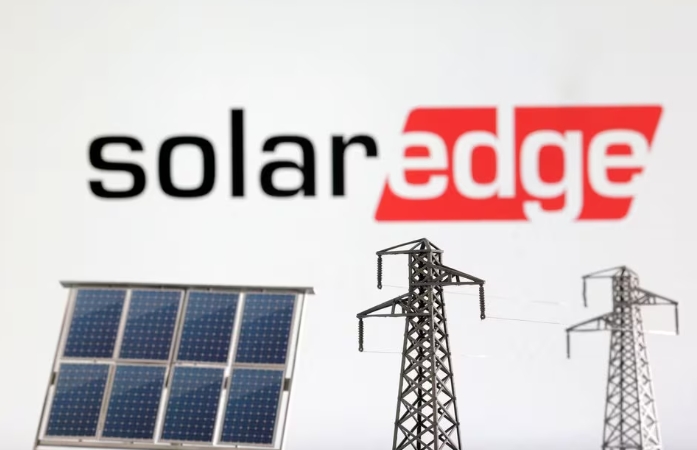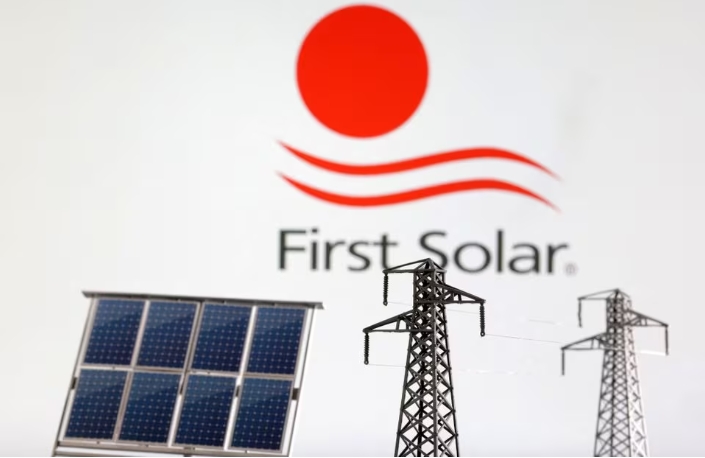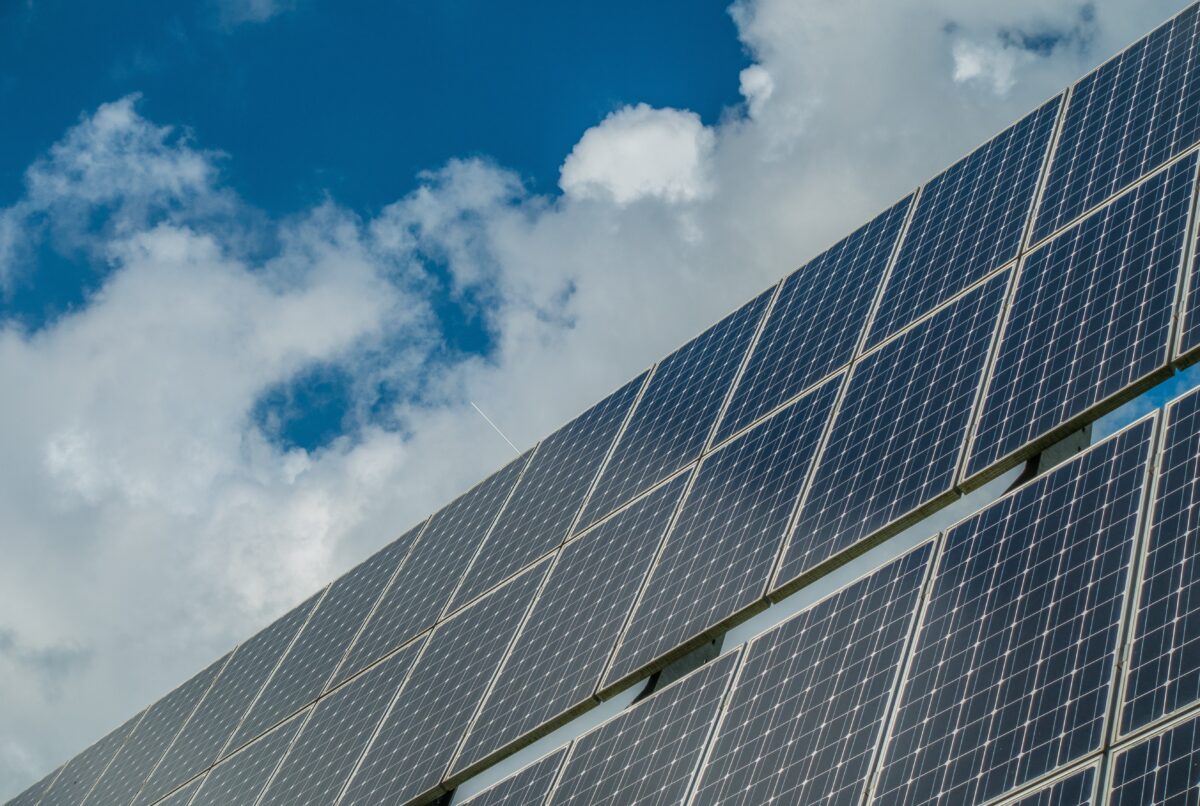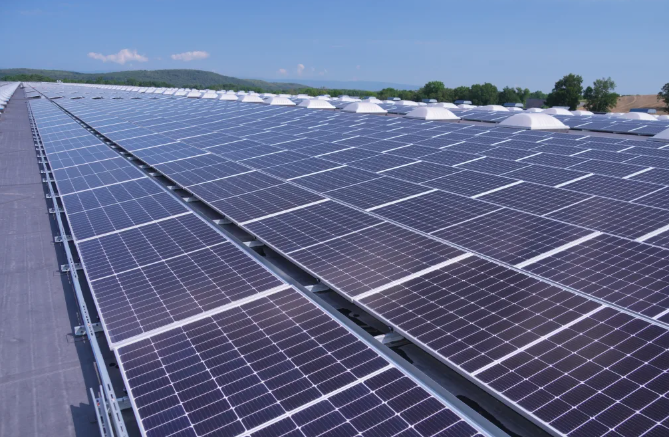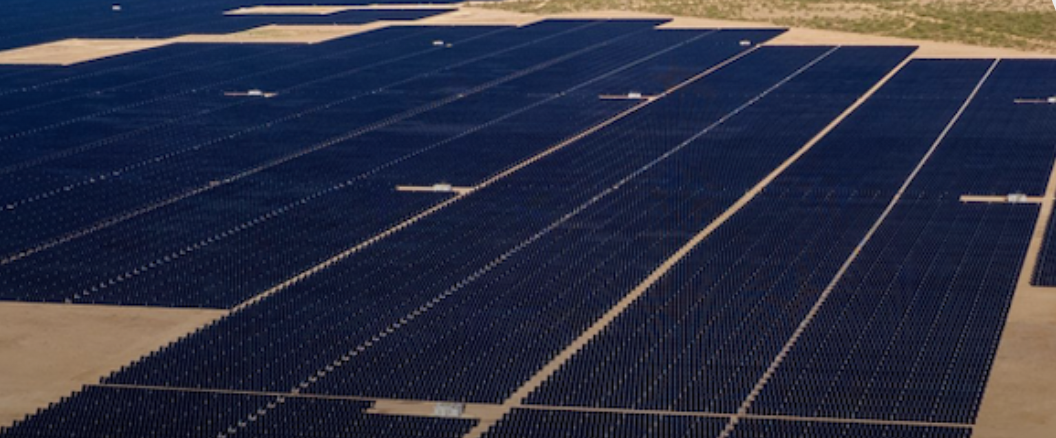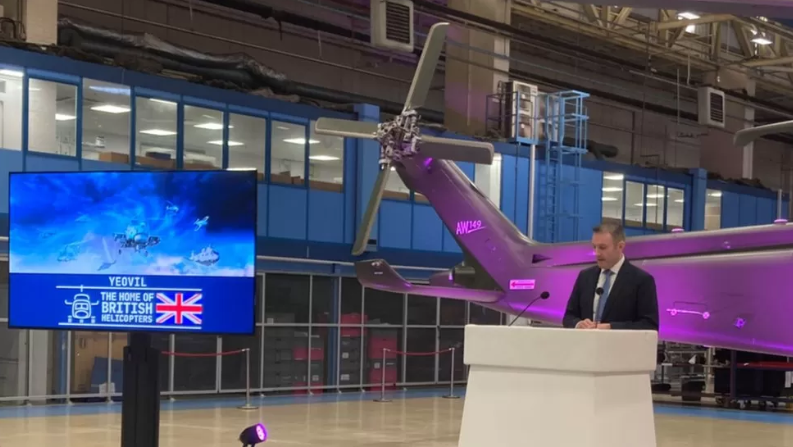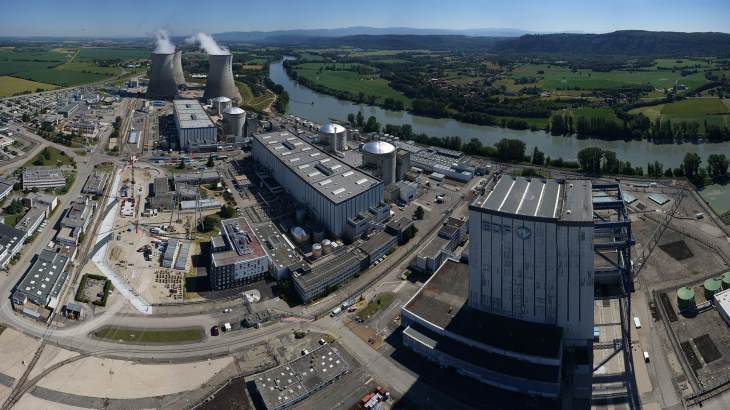
EDF's 32 operating 900 MWe reactors came into commercial operation between 1977 and 1988, and include the oldest of the country's current nuclear fleet. Such reactors are in operation at EDF's Blayais, Bugey, Chinon, Cruas-Meysse, Dampierre, Gravelines, Saint-Laurent and Tricastin plants.
ASN reviews all French reactors on a 10-yearly basis. In order to take advantage of the standardised nature of EDF's reactors, these reviews are performed in two steps. Firstly, the 'generic' review phase, which covers subjects common to all 900 MWe reactors. Secondly, the 'specific' review phase, which relates to each reactor individually, and which will run until 2031.
In February 2021, ASN set the conditions for the continued operation of EDF's 900 MWe reactors beyond 40 years, completing the 'generic' phase of the review. The regulator said it considered the measures planned by EDF combined with those prescribed by ASN would ensure the safety of the units for a further 10 years of operation.
The measures include verifying the conformity of the reactors with their reference system, as well as improving their ability to withstand more severe attacks "of internal or external origin". Modifications will also limit the radiological consequences of accidents without core meltdown. Additionally, improvements will be made in the arrangements for managing accidental or aggressive situations affecting the used fuel storage pools at the units.
So far, EDF has carried out or initiated the fourth ten-yearly inspections of 16 of its reactors, during which the majority of safety improvements are implemented.
In October last year, EDF requested the postponement of the deadlines for some of the requirements of this decision, "given the difficulties in being able to respect them". EDF said these include: the occurrence of technical hazards during the implementation of certain requirements; changes in the scheduling of outages for fuel renewal, linked in particular to the discovery of stress corrosion on auxiliary lines, to long-term accidental outages and to tensions affecting the electrical network; and the concomitance of other periodic reviews, causing strain on its engineering capabilities.
"The modifications requested by EDF also aim to standardise the deadlines between the reactors, in order to facilitate the industrial programming of the work, to limit the number of different configurations of the reactors and thus to facilitate the appropriation of safety improvements by the teams responsible for operations," ASN said.
"Taking into account the difficulties presented by EDF and the justifications provided regarding the deadline extensions, ASN considers the request acceptable."
The application file presented by EDF and the ASN's draft amending decision are now subject to a three-week public consultation.

